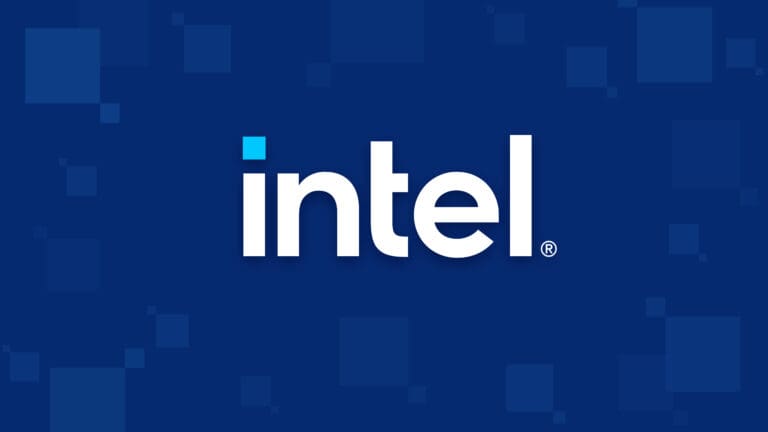Intel is about to close a deal with private equity firm Apollo Global Management to build a factory in Ireland. The deal involves $11 billion (more than 10 billion euros).
Intel wants to scale up production, in part to compete with TSMC, The Wall Street Journal reports based on anonymous sources. Apollo manages some 671 billion dollars (621 billion euros) in assets worldwide. Further details were not disclosed.
Intel today makes chips under contract in addition to its own, competing directly with Taiwan’s TSMC as well as Samsung. For example, Microsoft has Intel produce its own semiconductors, while Nvidia may also come knocking.
Growth strategy
Intel’s growth strategy includes building factories and other facilities in America—and now Ireland as well. In doing so, the company hopes to take advantage of the growing demand for chips. In March, the US government provided the company with an 8.5 billion dollar (7.8 billion euros) grant under the Chips Act. With that piece of legislation, the Americans want to boost chip production domestically and be less dependent on countries such as China.
As it happens, it isn’t the first Irish facility intel is hoping to realize. The most recent generation of laptop chips under the name Intel Core Ultra were already manufactured in one of the existing Irish fabs with EUV technology.
About two years ago, the company also struck a 30 billion dollar deal with investor Brookfield Asset Management to build a chip factory in Arizona. Intel itself raised 51 percent of the necessary capital. Ownership for those facilities lies with a separately formed entity, in which Intel has a majority stake.
ASML machines shipped to Intel
Such factories need to produce high-quality technology. So, at least five to six of ASML’s most advanced chip machines will end up at Intel this year. Competitors Samsung and SK Hynix, which also want to work early with the so-called High-NA EUV scanner, may have to wait until the second half of 2025.
Having lingered on EUV adoption, Intel now has a significant lead over chip competitors for such High-NA EUVs. The ASML machines will birth future chips likely to hit the market around 2027.
Also read: ASML sends all High-NA EUV machines to Intel in 2024
